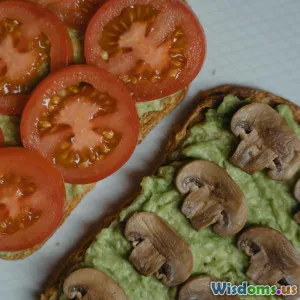
Is Late Night Snacking Really Sabotaging Your Fat Loss
15 min read Explore the science behind late night snacking and its real impact on fat loss and weight management. (0 Reviews)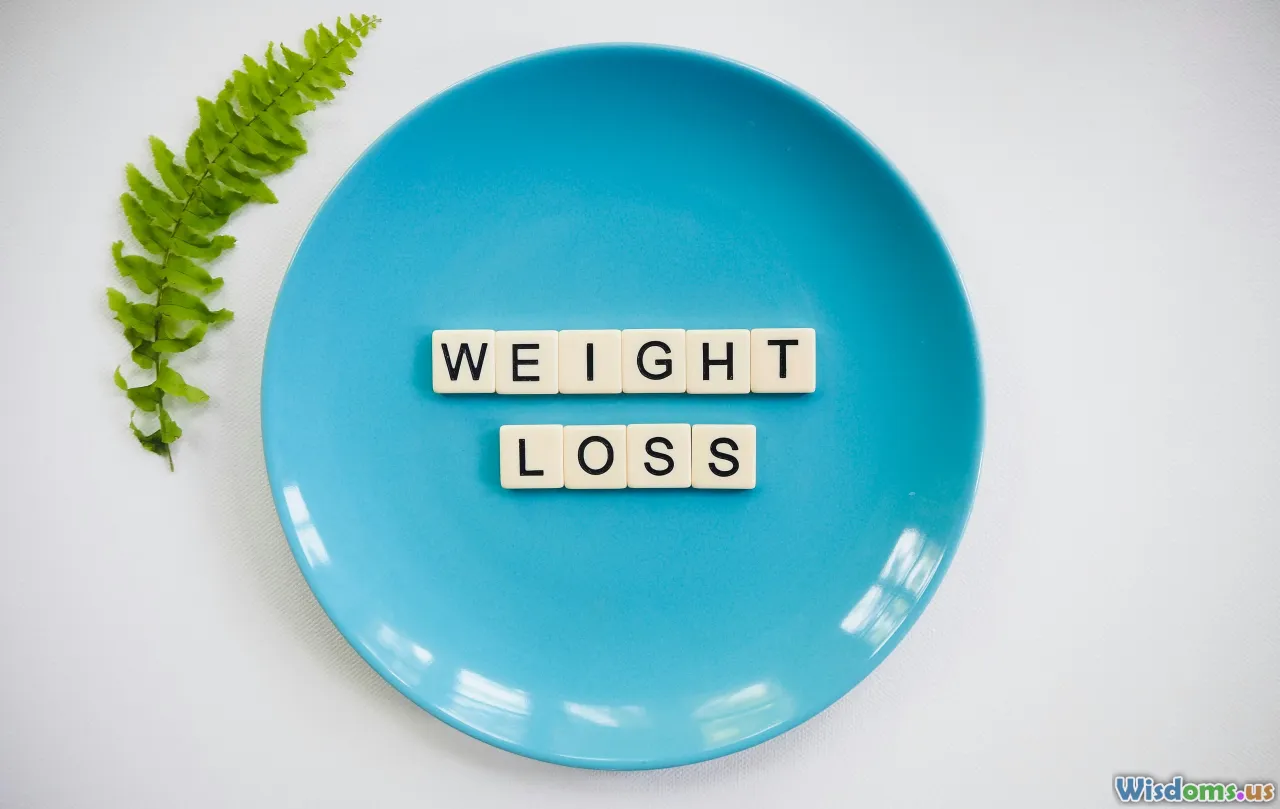
Is Late Night Snacking Really Sabotaging Your Fat Loss?
The allure of the fridge is hard to resist as the evening stretches on. Whether it’s chips during a Netflix binge or a bowl of ice cream before bed, late night snacking has become a nearly universal habit. But while the idea that “eating late makes you fat” is popular, the science tells a far more nuanced—and actionable—story. In this article, we’ll separate fact from myth and give you a clear-eyed look at how your nightly nibbles may or may not be affecting your fat loss goals.
Understanding Calories: Timing vs. Total Intake
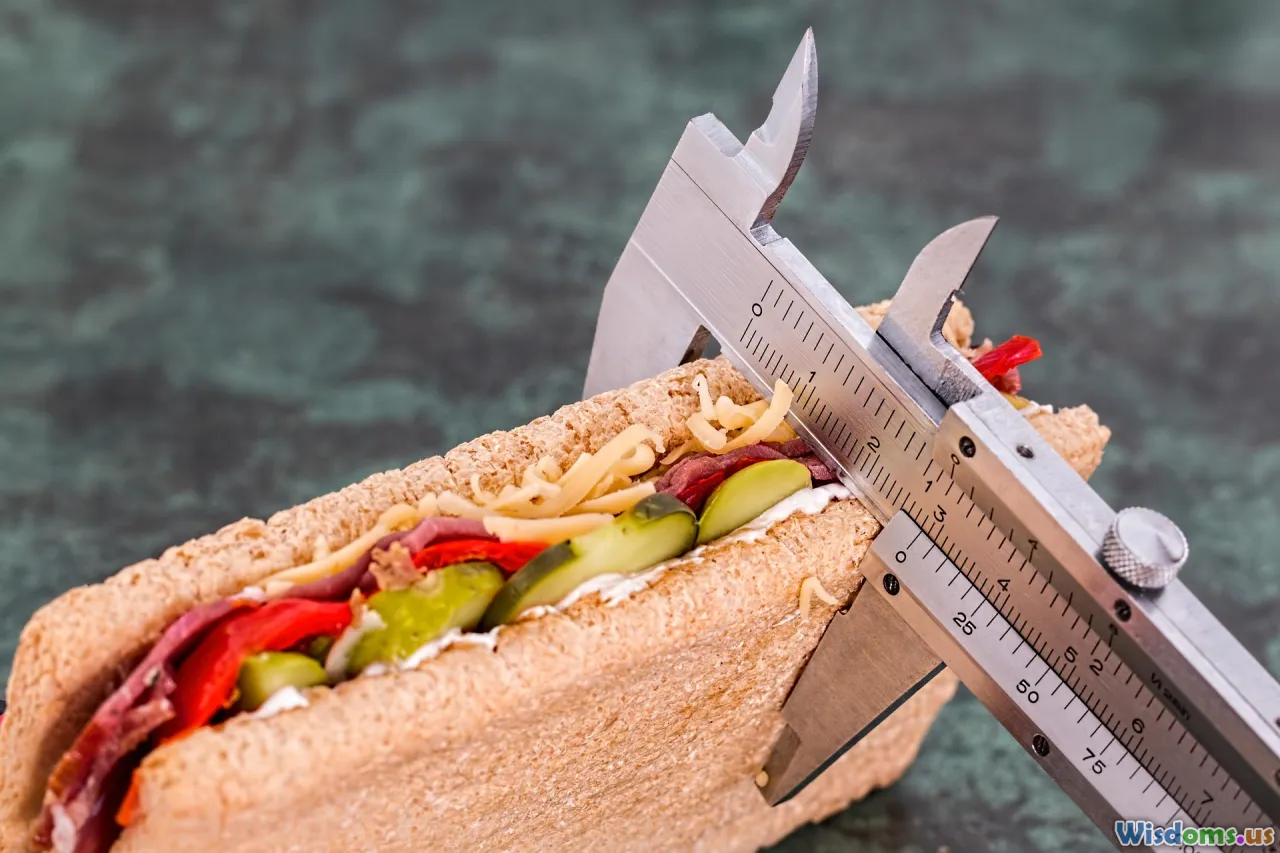
The belief that eating late at night automatically leads to fat gain is pervasive. However, most research emphasizes that the total number of calories consumed in a day matters more for weight loss (or gain) than precisely when you consume them. For example:
- A 2016 review published in Nutrients found no significant difference in fat loss between people who consumed the bulk of their calories at breakfast versus dinner, provided total caloric intake stayed the same.
- Bodybuilders, known for precise body composition manipulation, often split meals over late evenings and rarely report greater fat gain when total calorie intake matches daily requirements.
That said, some nuances matter. Reckless late night snacking often ends in calorie excess, tipping the scales toward weight gain. But if those calories fit within your daily target, timing takes a back seat.
The Circadian Rhythm Factor

Your body runs on an internal clock—your circadian rhythm—which governs everything from your sleep to your metabolism. Research suggests that our ability to process glucose fluctuates throughout the day, with insulin sensitivity (the body’s ability to efficiently use carbohydrates) higher in the morning and lower at night.
Studies such as those published in the International Journal of Obesity indicate that eating large amounts of food late in the evening could increase the risk of weight gain, independent of calorie count, due in part to impaired glucose metabolism. Night shift workers and individuals who routinely eat late at night often demonstrate higher risks of obesity and associated metabolic diseases.
Real-World Example: Shift Workers
A study conducted on shift workers—who frequently eat at unconventional hours—showed higher rates of body fat and metabolic syndrome compared to their 9-5 counterparts. While the situation is complicated by sleep deprivation and stress, late night eating likely plays a role as it disrupts hormonal rhythms.
Hormones at Night: More Than Just Hunger
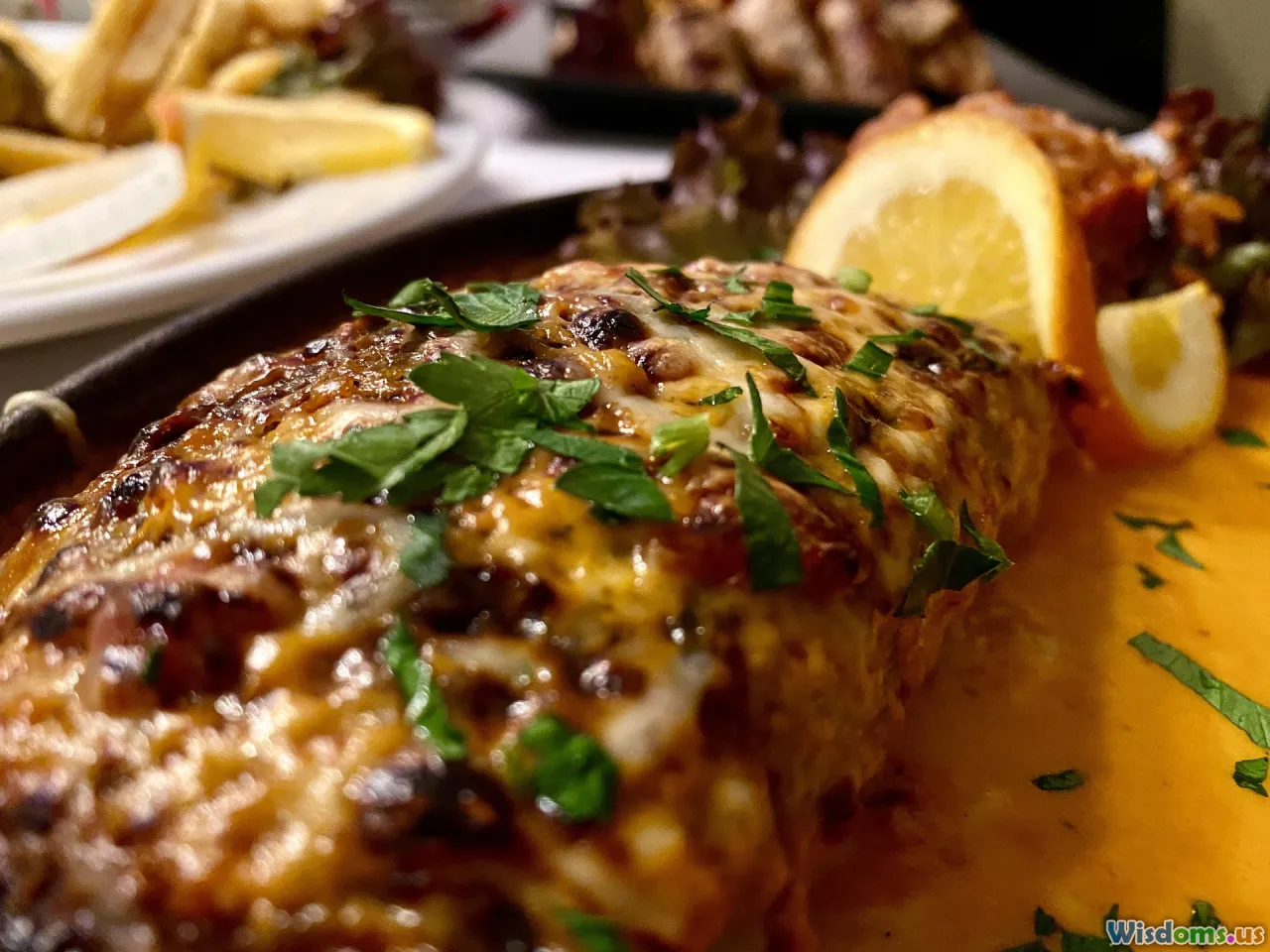
Aside from metabolic rhythms, nighttime snacking is frequently driven by more than physical hunger. Emotional states and altered hormone levels come into play at night:
- Leptin, the "satiety hormone," decreases at night, making you feel less full after eating.
- Ghrelin, the "hunger hormone," can see a nocturnal rise, intensifying cravings.
- Cortisol, the stress hormone, can spike due to psychological or lifestyle stressors and disrupt healthy eating patterns.
Late nights also mean willpower may be waning. Fatigue after a long day lowers decision-making ability, pushing us toward comforting high-calorie convenience foods rather than the balanced meals we might choose during daylight.
Insight: The Ice Cream Dilemma
Data from the American Time Use Survey shows most high-calorie snack food purchases happen during evening hours. This isn't surprising, as the typical late snack is rarely veggies and hummus—think cookies, sweets, or chips.
Mindful Snacking: Strategies to Mitigate the Impact
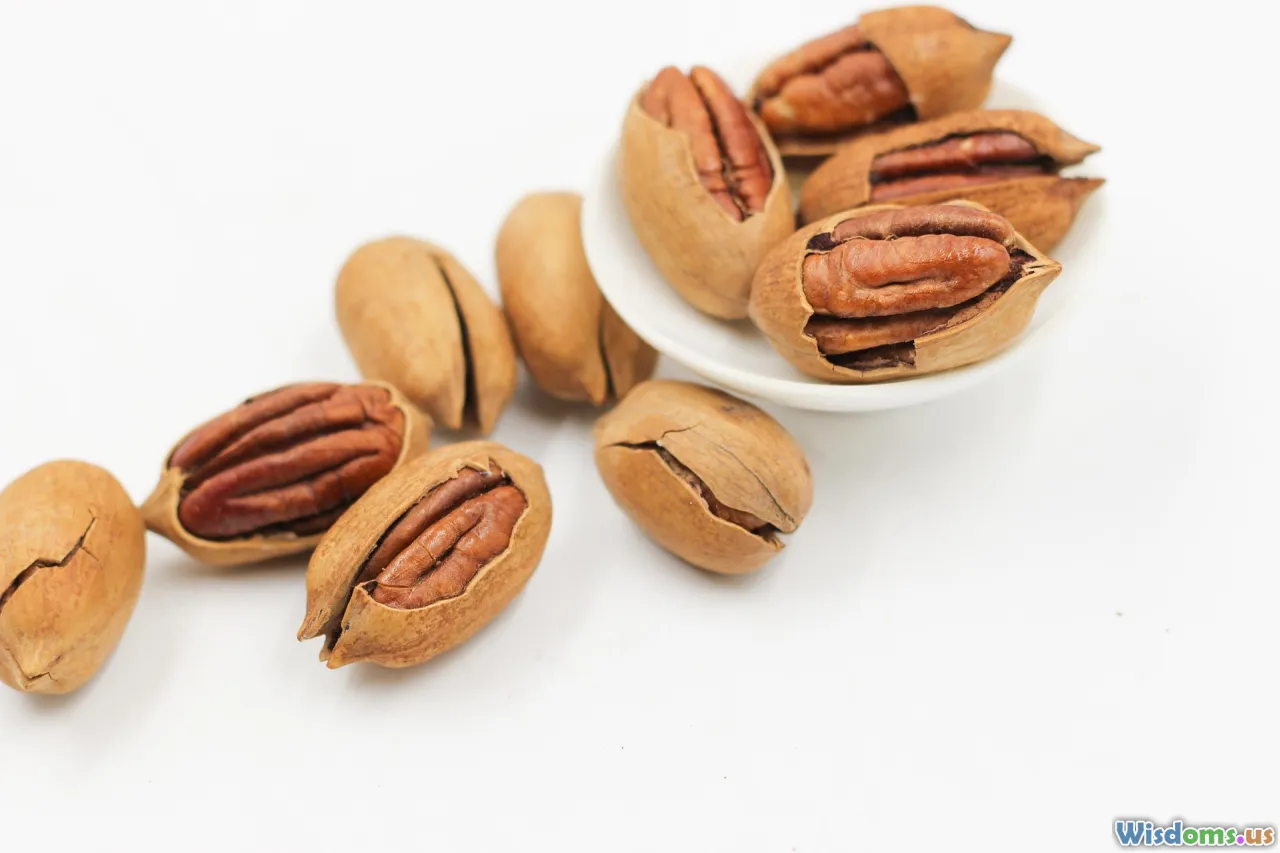
If you’re prone to nighttime snacking, all is not lost. Consider these strategies to keep habits in check and fat loss goals intact:
1. Pre-Portion Your Snacks
Still craving a late night treat? Avoid eating straight from the bag. Pre-portioning helps prevent mindless overeating, a prime culprit in sabotaging fat loss.
2. Opt for Protein or Fiber-Rich Foods
Instead of candy or chips, try low-fat Greek yogurt, a small handful of nuts, or carrot sticks with hummus. Protein and fiber promote satiety, reducing the risk of multiple trips to the pantry.
3. Assess True Hunger
Ask: are you truly hungry or eating out of stress or habit? Drinking water or waiting 10 minutes before snacking can help gauge genuine hunger.
4. Mind Your Sleep Hygiene
Poor sleep increases ghrelin and decreases leptin, making you more vulnerable to late night munchies. Establish a routine bedtime and limit screens an hour before sleep to reinforce healthy habits.
Success Story: Controlled Snacking
A nutrition client, Julia, struggled with chocolate cravings at 10 p.m. every night. By prepping a high-protein yogurt parfait each evening, she still enjoyed a treat—while staying within her calorie goals—and started steadily losing body fat within weeks.
Late Snacking & Fat Storage: Separating Myths from Facts

Let’s tackle some of the most persistent late night eating myths head-on:
-
Myth: "Calories eaten at night turn into fat."
- Fact: The body doesn’t possess a clock that converts nighttime calories into fat. Fat gain occurs when you consistently eat more than you burn, regardless of the hour.
-
Myth: "You should never eat after 8 p.m."
- Fact: Many cultures have late meals (think Spaniards dining at 10 p.m.) without higher obesity rates. The issue isn’t timing, but perhaps what and how much is being eaten.
However, your body may be less efficient at certain processes, such as glucose metabolism, during the night. While this may not drastically shift fat loss for most, those with insulin sensitivity issues or diabetes should be more cautious about late night eating.
Psychological Triggers: Emotional Eating and Habits

Late night snacking frequently has less to do with physiology and more with psychology. Evening downtime, stress from work, boredom, loneliness—each can drive the urge to snack.
- Boredom: With work and chores finished, many people eat to fill time—not because they’re hungry.
- Habit: If eating chips at 9 p.m. is a long-running ritual, it can feel untouchably baked into your routine.
- Stress and emotion: Many seek emotional comfort in food after a tough day.
Tip: Behavioral Tweaks
Substitute non-eating rituals for late snacks. Try a cup of herbal tea, reading, or a short walk. If snacking is tied to relaxation, build a new pattern—perhaps a warm bath or listening to music—after dinner.
Special Populations: Who Should Be Cautious?

While most healthy adults can manage occasional late snacks by keeping within calorie needs, certain groups should be extra cautious:
1. People with Diabetes
Blood glucose control is often disrupted at night. Frequent late snacks, especially carbohydrates, can cause unwelcome spikes.
2. Night Shift Workers
Working odd hours disrupts circadian rhythms, amplifying the metabolic impact of poorly timed eating. Bigger, lighter meals earlier in the shift may help stability.
3. Athletes in Heavy Training
Endurance athletes and strength trainers may benefit from a pre-sleep snack, particularly a small amount of protein, which helps muscle repair and growth. For them, late night snacking can be a valuable tool if chosen wisely.
Example: The Case of Elite Swimmers
Olympic athletes such as Michael Phelps routinely ate substantial meals at odd hours during periods of intense training. The key difference: whole foods, careful portioning, and purposeful caloric intake, not unconscious junk food binges.
Smart Snack Selection: Foods That Work For You
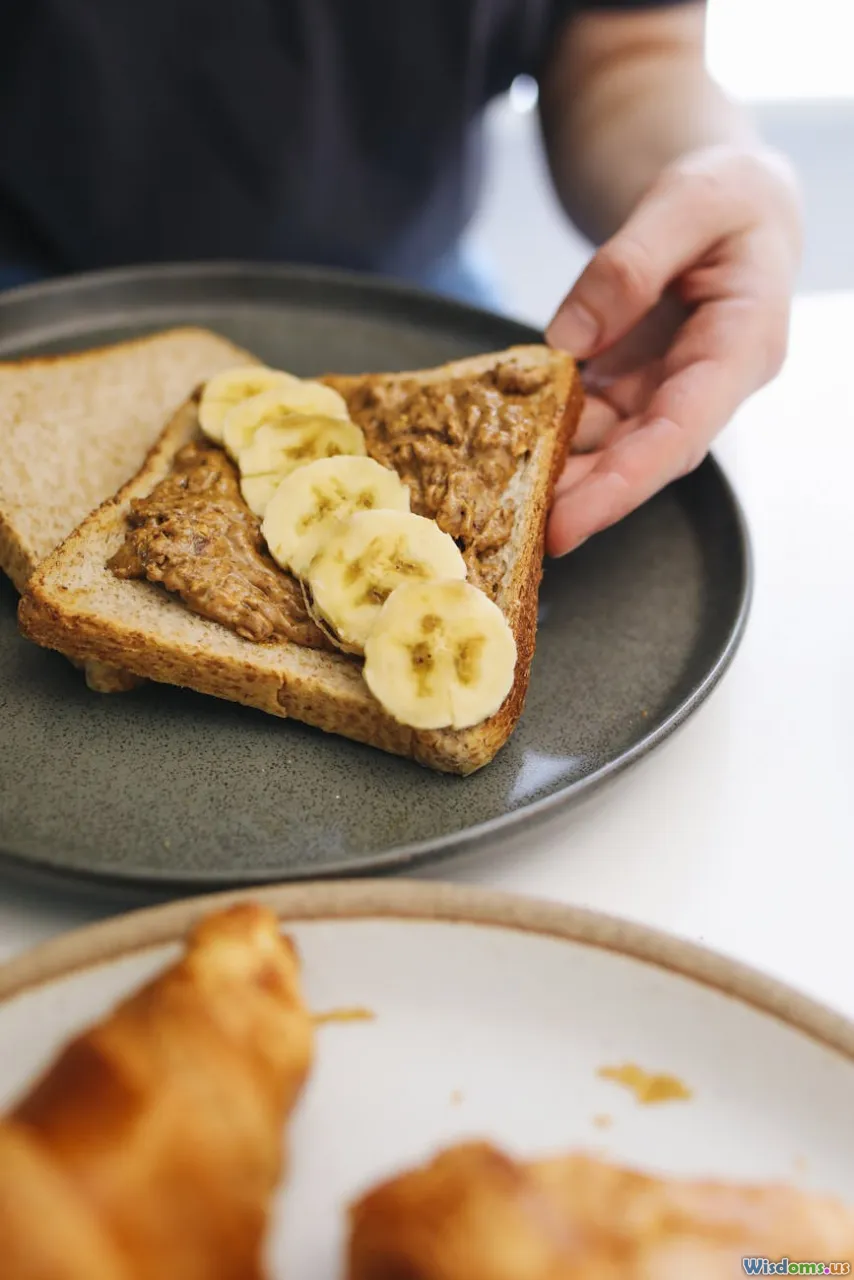
So, what should you snack on late at night if hunger strikes? Here are a few smart options:
- Greek yogurt (high protein, low sugar)
- Cottage cheese (slow-digesting casein protein supports recovery)
- A slice of whole grain bread with nut butter (complex carbs and healthy fats)
- Sliced veggies with hummus (fiber-rich, keeps you full)
Avoid: High-sugar, high-saturated-fat, and ultra-processed foods like candy bars, ice cream, chips, or fast food.
How-To: Build the Perfect Nighttime Snack
- Keep it small—think 150-250 calories.
- Include protein and/or fiber.
- Eat mindfully: Avoid screens, savor your food, and keep portions moderate.
Simple Lifestyle Tweaks to Prevent Unwanted Nighttime Eating
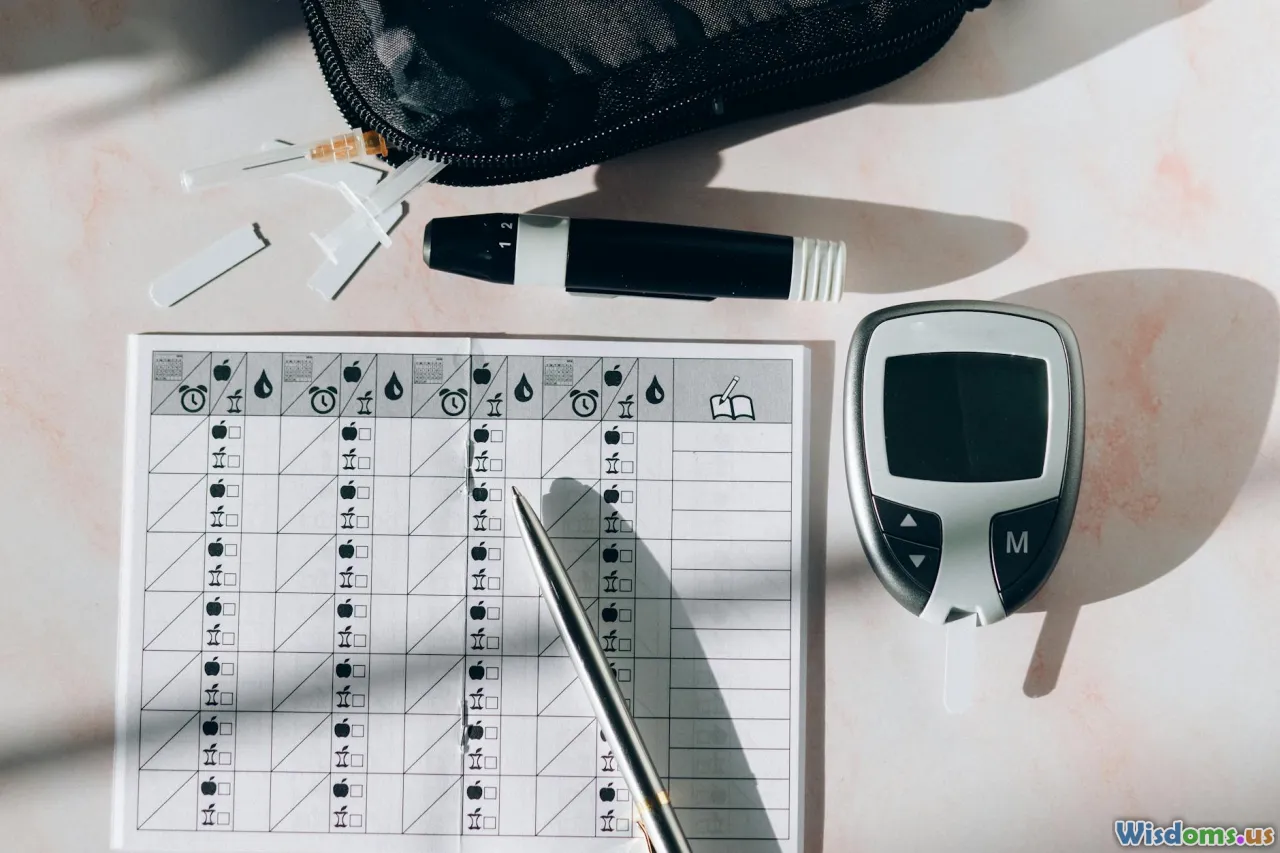
1. Plan Regular Meals
Eat balanced meals every 4–5 hours to curb excessive hunger at night.
2. Reduce Food Temptations
Keep tempting, calorie-dense private stashes out of sight—what’s inaccessible stays out of mind.
3. Recognize Patterns
Use a food and mood journal to identify patterns in your late night eating. Are certain shows, stressors, or emotions reliably triggering a snack? Swap your standard treat with a lower-calorie comfort or create new nighttime rituals.
4. Focus on Quality Sleep
Getting 7–9 hours per night helps regulate hunger hormones and reduces cravings—making late night food less appealing.
Navigating Social Occasions & Special Circumstances
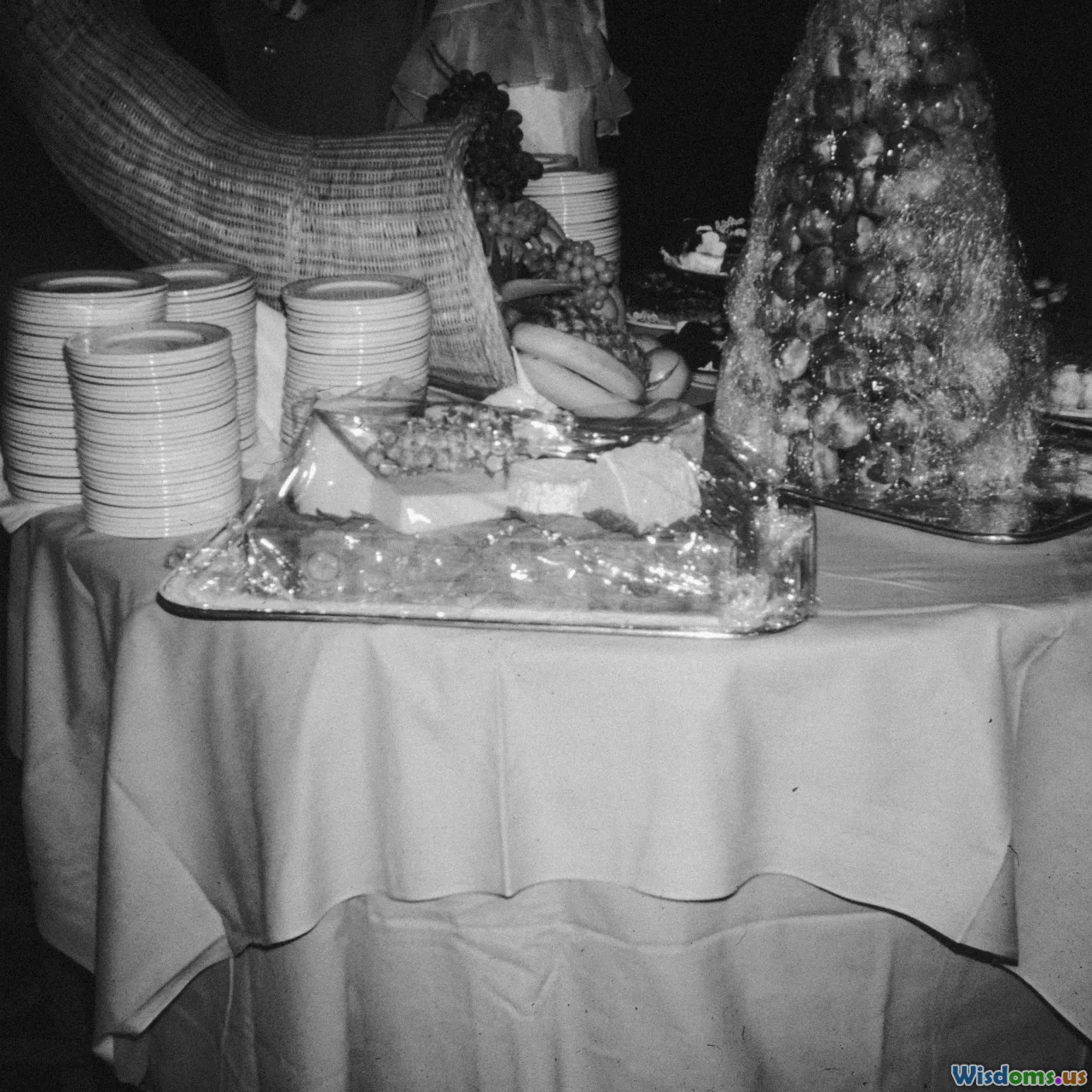
Birthday parties, dinners with friends, and late movies are part of modern life. Sabotaging your social life isn't sustainable—but making smart choices is.
Pro Tips for Social Events:
- Pre-eat: Don’t arrive ravenous—have a high-fiber snack before night outings to limit calorie splurges.
- Portion control: Stick to smaller dessert portions and don’t go back for seconds.
- Drink wisely: Limit sugary cocktails that pack extra calories.
Remember, occasional indulgence is not your downfall—it's patterns and routines over time that shape your progress.
The Bottom Line: Awareness & Moderation Win

Late night snacking doesn’t guarantee fat gain, nor is it automatically your weight loss undoing. The real dangers lie in mindless overeating, unchecked emotional triggers, and disrupting your natural rhythm with poor sleep. Where calories, food choices, and habits are in check, a late snack needn’t be a guilty pleasure—it can even support gains for athletes or fill a nutritional gap.
Focus on mindful, planned snacks if hunger strikes, give yourself some grace, and remember: nuanced, sustainable change, not extreme rules or stressful restrictions, is what truly wins the fat loss game.
Rate the Post
User Reviews
Popular Posts














